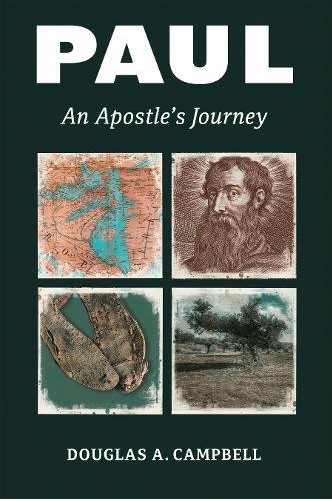Rodney Reeves’ new book, Spirituality according to Paul: Imitating the Apostle of Christ, probes a singularly important topic in all religions, including Christianity:
The temptation to live as a legalist or to live as a libertine. To turn the moral life into law or to justify most anything.
 Some are tempted to one or the other, those on both sides are judgmental of others, and the temptation to pursue a life with God in either direction never seems to go away.
Some are tempted to one or the other, those on both sides are judgmental of others, and the temptation to pursue a life with God in either direction never seems to go away.
Where are you seeing legalisms today? where are you seeing libertinism?
Reeves’ big point? Neither is the way Paul envisioned the Christian life, and that is why FF Bruce famously said — he said it to me personally one day but I’ve heard others quote the same from his lips — that Paul would roll over in his grave if he saw how modern Christians use his letters as a new form of law. And many would also say the way libertines use Paul’s freedom statements to justify anything they want to do.
A gospel shaped life, however, puts to death a life of legalism as well as a life of libertinism. The cross kills both.
The two things Paul blames for sin in this world are — get this — the flesh and the law of Moses. The law, Paul says, was a cruel taskmaster (Galatians 3:23-24). Thus Reeves: “law and righteousness were mutually exclusive” (74). Righteousness comes from Christ, through the Christ, via resurrection, in the Spirit. Faith in Christ was the point of no return (to the law). So what is Paul’s solution?
Life in the Spirit — it angers the legalist, it warms the heart of the libertine, and the former and the latter need to awaken to the holiness-creating and love-creating power of the Spirit.
Why is saying “Just live in the Spirit” seem to so many as inadequate? What would happen if “live in the Spirit” became our central moral theme?
The Law did not and cannot create this holiness or love. Reeves examines this extensively. And it all leads to an even more extensive discussion of how to read Romans 7, and he opts for the view that the “I” of Romans 7 is both autobiographical (Paul’s experience under the law, both pre- and post-Christ) as well as biographical (the story of everyone).
His overall theory is that the cross — death — brings death to the law and life in the Spirit. It is both: the cross murder the law and it creates the gift of the Spirit. The only thing we need to live the Christian life is the Spirit (82). Paul was facing godless pagans and he told them they had to live in the Spirit; he was facing former law-observant Jews and he told them they too were to live in the Spirit.
How do we know if we are living in the Spirit? The fruit of the Spirit. Service for others. Self-sacrifice, self-denial for the good of others.
My favorite in this chp: “All legalists believe they’re doing the work of God. The question remains: are they walking in the Spirit?” (86). I create one after him: “All libertines believe they’re living in the freedom. The remains: are they walking in the Spirit?











